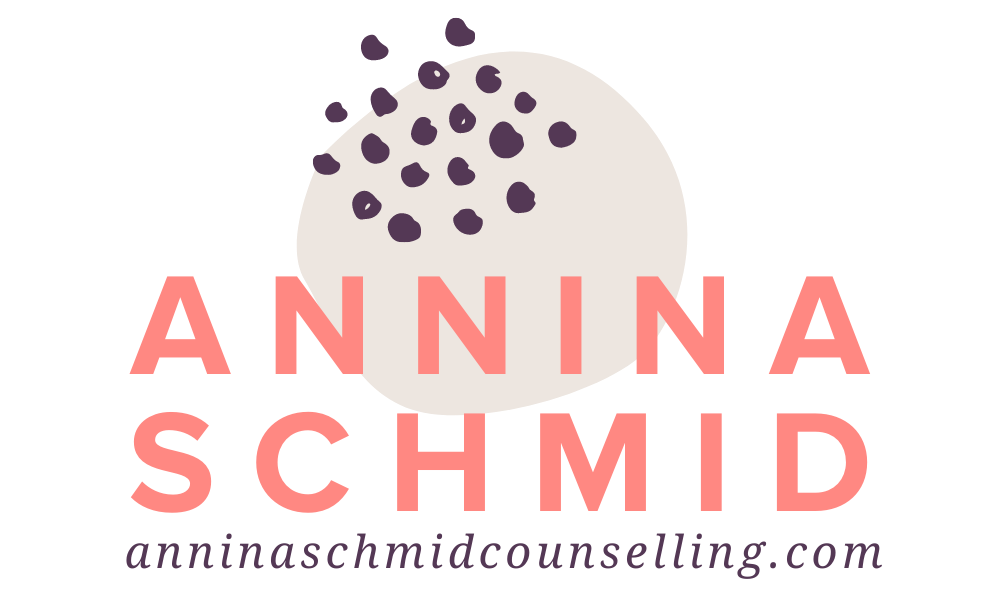Over the past month, I have heard "co-dependency" way too often.
Somehow, the idea that supportive family and friends of people who struggle with substance use "enable" them and are "co-dependent" just won't go away.
What is wrong with the C-word?
Firstly, it is informed by the idea that addiction is a disease, which is flat out untrue. Addiction is a bio-psycho-social phenomenon with elements of oppression.
Secondly, it implies that family members and partners actively work towards keeping the user in their addiction, which, if you ask anyone who has ever had a loved one struggle with alcohol, substance abuse or an eating disorder, is very, very far from true.
Thirdly, it thereby stigmatizes not only the user, but also their support system as defective, when really, the opposite is true. Time and time again, stigmatizing people and calling them names has proven to be harmful and produce adverse effects.
Someone who is working hard at keeping their loved one safe deserves praise, not contempt.
What is, unfortunately, typically called "enabling behaviour" - providing people with love and attention, a place to live, perhaps Naltrexone and an opportunity to safely use drugs, for example - are really evidence-based strategies that we know to use in publicly funded harm reduction efforts: They significantly reduce the number of overdose deaths and actually help people who struggle with problematic substance use cope better in life.
Whether we are talking about people in recovery from eating disorders or substance use - the tough love approach doesn't work. Instead, family-based treatment is recommended wherever possible. In fact, it doesn't matter which or how many family members show up, as long as they do, even if the person who is struggling is the only one NOT attending counselling.
Why? Because it has been shown that there is a ripple effect of positive change within social systems.
And here is another important aspect of the debate:
Most often, caregivers are women. Labelling them as cognitively defective for fulfilling the role that society forces on them is devaluing and anti-feminist.
Expecting wives, lovers, mothers, sisters, aunts, and best friends to detach from from their partners and children in distress, while at the same time being "good" and "respectable" women is asking the impossible.
Of course, family members are not typically trained in addictions counselling, and even when they are, they are ill-equipped to counsel loved ones.
Rather than casting blame, we should utilize the knowledge and support loved ones can offer for the benefit of treatment.
Just like people who display what we would consider problematic behaviours, their family members already feel bad enough. Labelling and stigmatizing them will not help, but rather perpetuate the problem.
As practitioners, we are in the best possible position to talk with people rather than about them.
Warmly,
Annina Schmid

